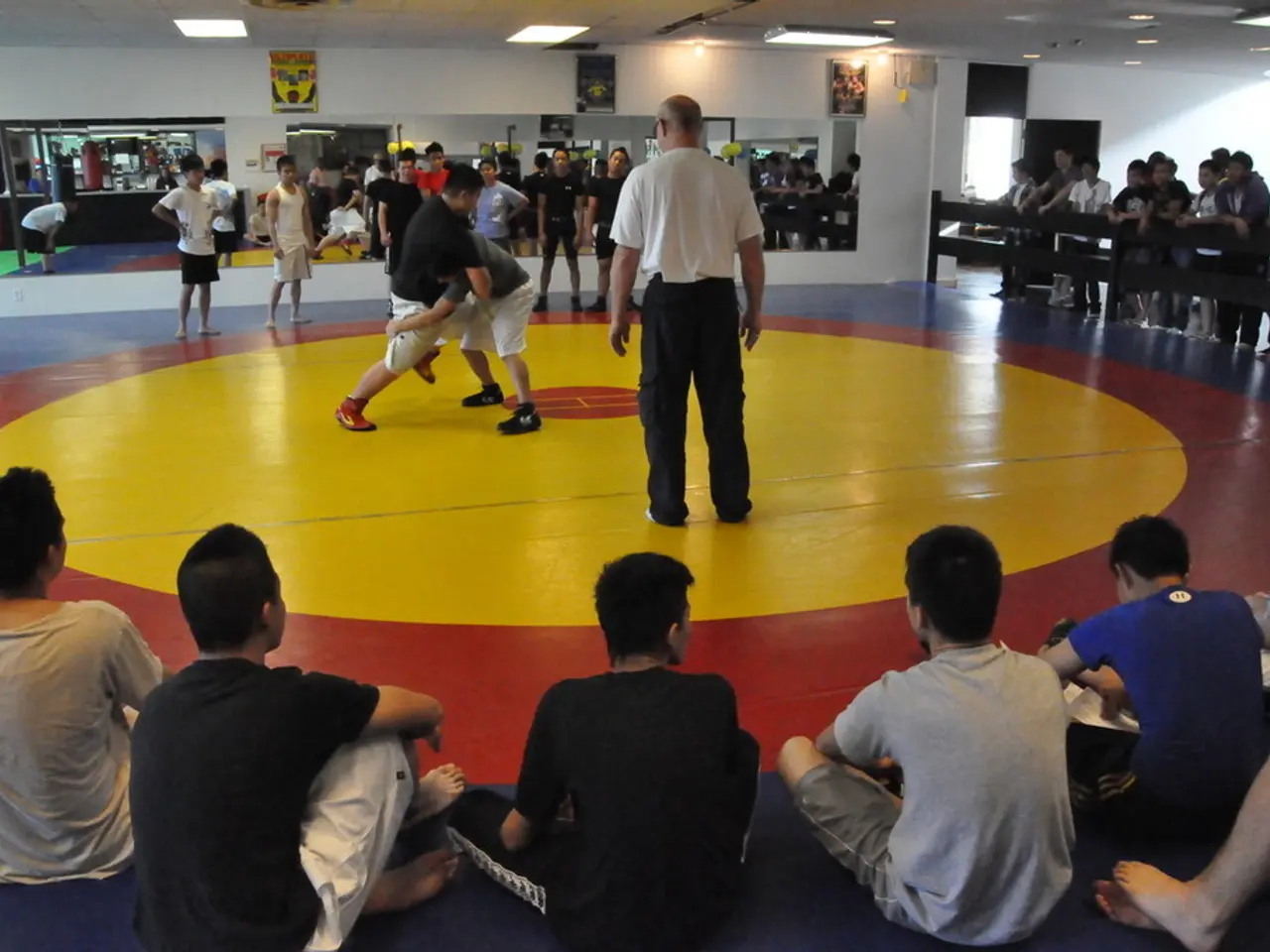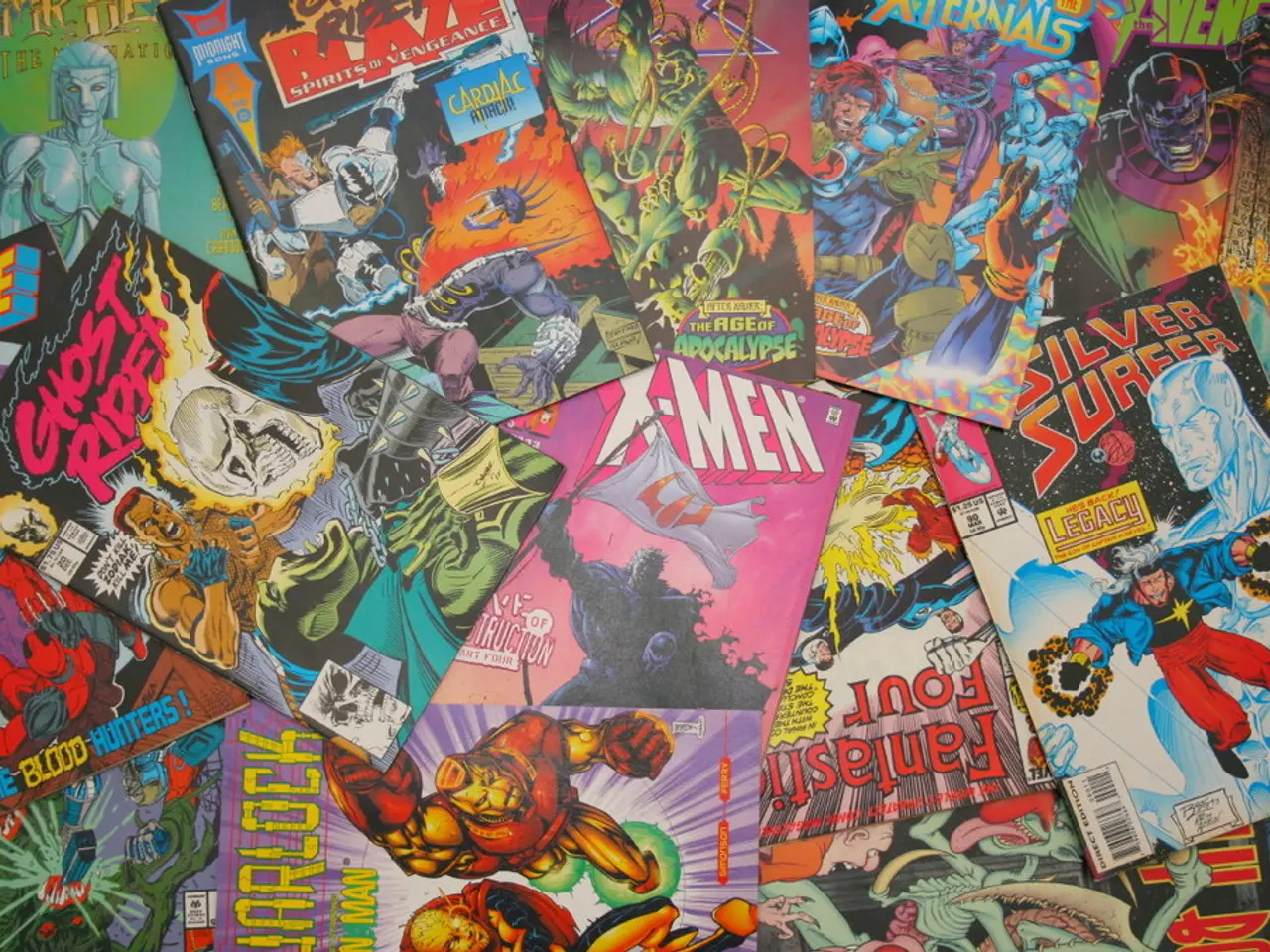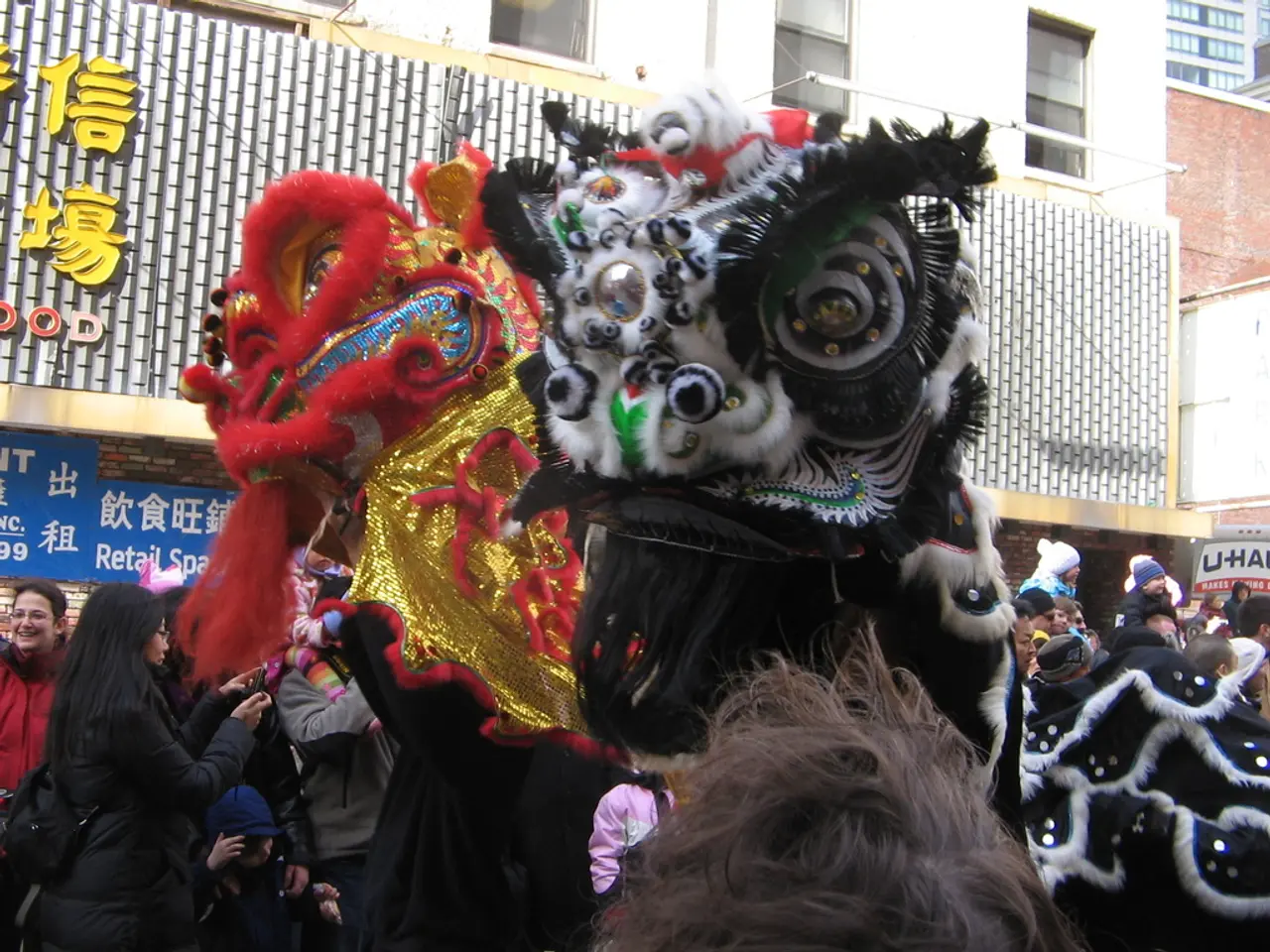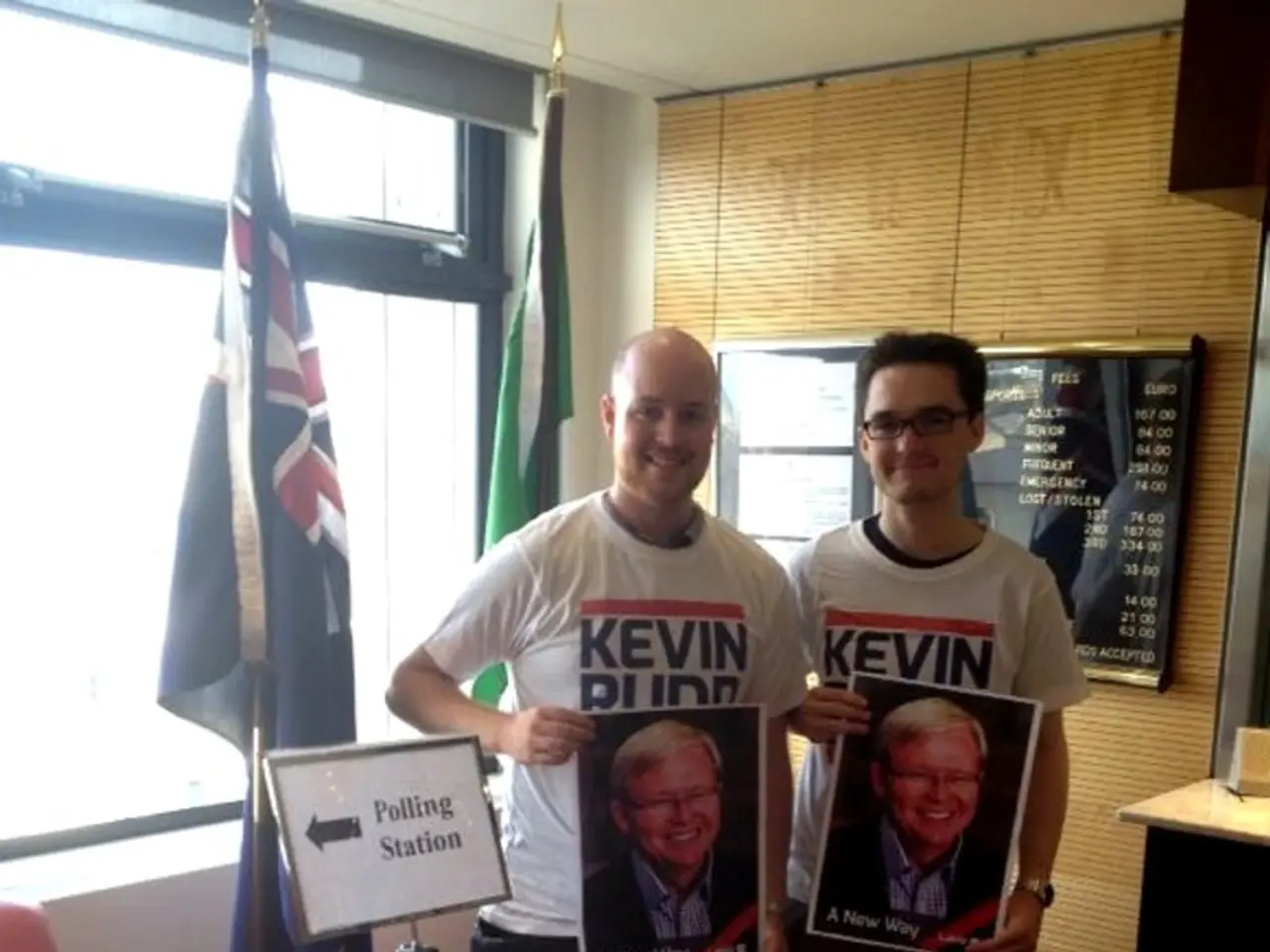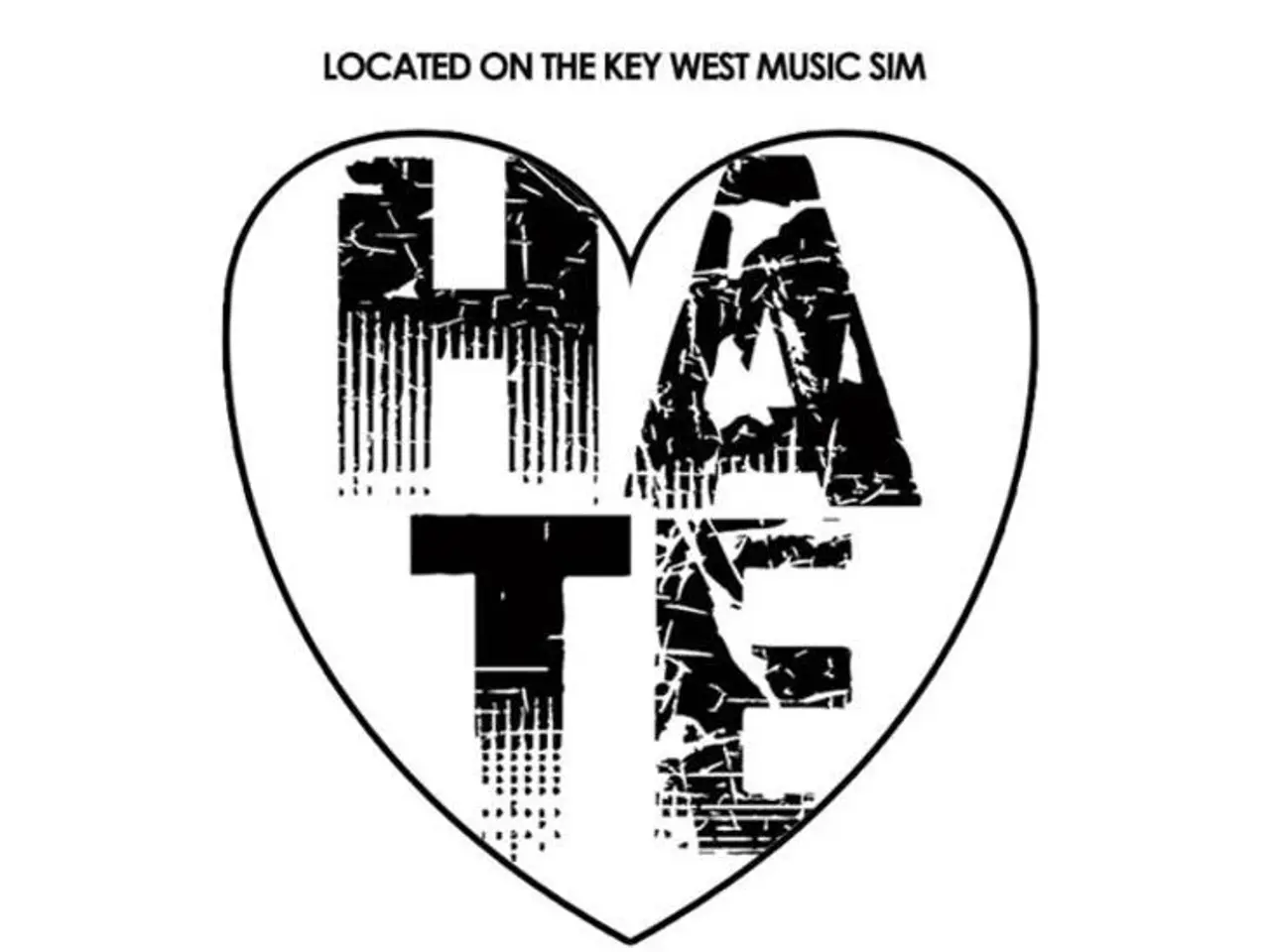Modifying Narrative of Wrestling through Influence and Prowess: A Look at How Leading Figures Shaped the Sport's Evolution
In the world of professional wrestling, authority figures play a pivotal role in crafting compelling narratives, engaging fans, and shaping the industry's history. These figures, often serving as catalysts for conflict, create tension and establish the dynamics necessary for captivating storylines.
One of the most notable examples of an authority figure is Vince McMahon, who, both as an off-screen executive and an on-screen adversary, has generated memorable moments through his decisions and actions. During the "Attitude Era," McMahon's feuds with rule-breakers like Stone Cold Steve Austin brought raw office politics and locker room disputes into the public eye, elevating the authority figure into a central storytelling device.
The connection between real-world experiences and wrestling's authority-driven moments boosts fan investments, ensuring that these moments remain among the most cited in wrestling history. Audiences know that scripts guide matches and storylines, but well-crafted authority figures keep even veteran fans guessing, adding an air of authenticity to dramatic moments.
Authority figures frequently become the focal point of storylines, initiating conflicts through decisions or actions that provoke reactions from the wrestlers, driving feuds and character development. They provide a moral framework by enforcing rules or bending them, which helps define the characters as heroes or villains, enhancing audience engagement by creating clear moral lines. Furthermore, authority figures can be used to introduce new plot twists, such as betrayals or alliances, keeping the narrative fresh and unpredictable.
By creating conflicts and moral dilemmas, authority figures increase the emotional investment of fans, who become invested in the outcomes of these storylines. The actions of authority figures can evoke strong reactions from the audience, ranging from anger to admiration, depending on how their actions align with the audience's values or expectations.
The memorable characters and storylines created around authority figures contribute to the cultural significance and enduring legacy of professional wrestling, influencing fan loyalty and new generations of fans. Authority figures have been integral to major storylines and events that have shaped the history of professional wrestling, influencing the evolution of the sport and its storytelling techniques.
The use of authority figures has allowed professional wrestling to adapt to changing media landscapes and audience preferences, ensuring its continued relevance and popularity. In wrestling, authority figures have the unique ability to change rules, overturn match results, and influence events, adding suspense to weekly programming. The involvement of authority figures ensures that storylines remain unpredictable and engaging, contributing to audiences' continued interest week after week.
Iconic authority-driven moments in wrestling, such as the Montreal Screwjob and key moments from the "Attitude Era," have helped shape modern wrestling and are considered highlights in the minds of both casual viewers and devoted fans. Every company attempting to replicate WWE's success introduces its authority characters, sometimes portrayed as tyrannical or benevolent, to maintain the same purpose: to ensure storylines remain unpredictable and engaging.
Well-crafted authority figures in wrestling contribute to the unpredictability that drives ratings and online buzz, with spikes in fan engagement often mapped to major announcements or executive shakeups. Memorable authority-driven moments in wrestling, such as abrupt firings, unsanctioned matches, and unexpected returns, not only serve as plot twists but also alter career trajectories and redefine how audiences perceive the wrestlers and the organizations they represent.
In summary, authority figures are pivotal in professional wrestling by creating engaging storylines, driving fan engagement, and contributing to the industry's historical development and cultural legacy. The push and pull between what's scripted and what is truly a surprise is the engine that keeps wrestling's storytelling vital and always relevant, even for those who consider themselves insiders.
Storytelling in sports, particularly sports analysis, can draw parallels to professional wrestling's authority figures. Just like these figures, sports analysts shape lives of athletes and fan experiences, steering narratives and creating talking points that captivate audiences.
Sports analysts, much like Vince McMahon in the world of professional wrestling, generate memorable moments through their insights and opinions, leading to spirited debates and heightened interest in sports events, echoing the raw office politics and locker room disputes within professional wrestling's authority-driven moments.
